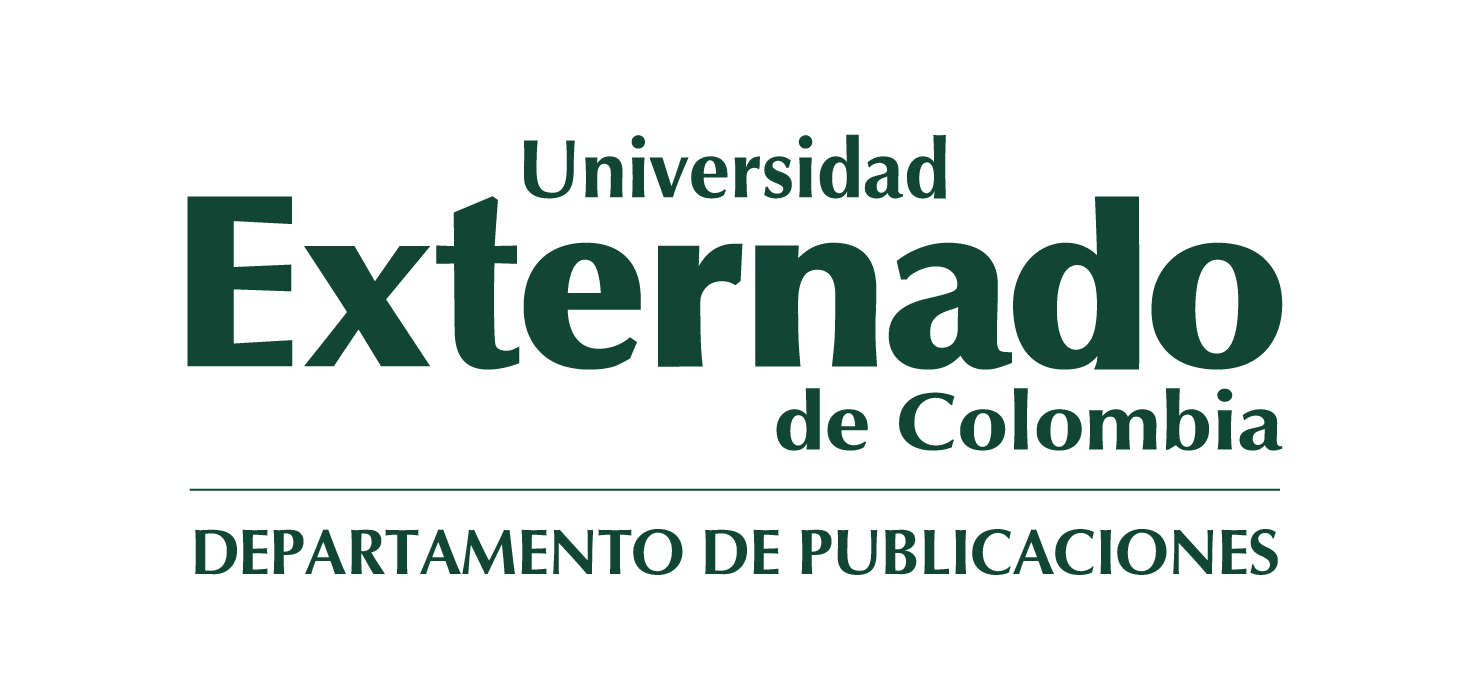La imputación ordinaria y extraordinaria en Pufendorf
PUFENDORF no tiene una terminología propia que le permita caracterizar estas dos formas de imputación con palabras concisas, pero es conveniente introducirla. En este sentido se propone llamar a la imputación de un suceso o de una inactividad imputación ordinaria, cuando la persona en cuestión, en el momento decisivo, está en condiciones de evitar la producción del suceso o de realizar la acción en cuestión. En cambio, la imputación debe llamarse imputación extraordinaria cuando en el momento decisivo la persona en cuestión no está en condiciones de evitar la producción del suceso o de realizar la acción en cuestión, pero puede reprochársele precisamente que se encuentre en esta situación de imposibilidad o de incapacidad.La obra cuenta un anexo sobre la diferencia entre los conceptos de y y un anexo sobre la historia de la recepción y descubrimiento de la diferenciación entre e .La obra cuenta un anexo sobre la diferencia entre los conceptos de y y un anexo sobre la historia de la recepción y descubrimiento de la diferenciación entre e .actio libera y y un anexo sobre la historia de la recepción y descubrimiento de la diferenciación entre e .actio ad libertatem y un anexo sobre la historia de la recepción y descubrimiento de la diferenciación entre e .imputatio facti e .imputatio iuris.
PUFENDORF does not have its own terminology that allows him to characterize these two forms of imputation with concise words, but it is convenient to introduce it. In this sense, it is proposed to call the imputation of an event or inactivity ordinary imputation when the person in question, at the decisive moment, is able to avoid the occurrence of the event or carry out the action in question. On the other hand, the imputation should be called extraordinary imputation when at the decisive moment, the person in question is not able to avoid the occurrence of the event or carry out the action in question, but can be criticized precisely for being in this situation of impossibility or incapacity.The work includes an appendix on the difference between the concepts of and and an appendix on the history of the reception and discovery of the differentiation between and .The work includes an appendix on the difference between the concepts of and and an appendix on the history of the reception and discovery of the differentiation between and .actio libera and and an appendix on the history of the reception and discovery of the differentiation between and .actio ad libertatem and an appendix on the history of the reception and discovery of the differentiation between and .imputatio facti and .imputatio iuris.
eBook
Impreso
-

-
Joachim Hruschka
-
Información de autor disponible próximamente.
-



